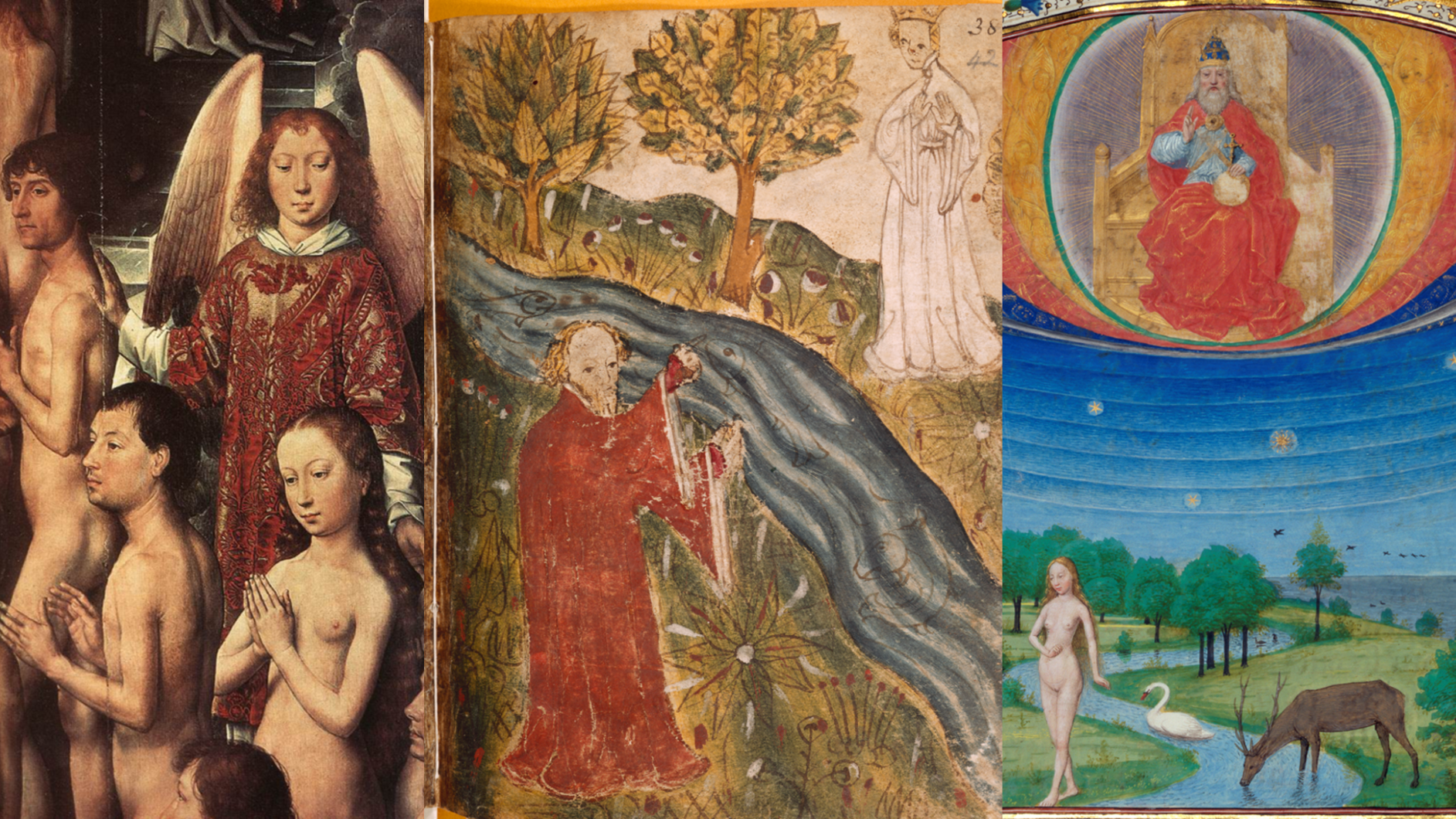"Pearl" and the pursuit of happiness

Wednesday 19 October 2022, 2.00PM
Speaker(s): Professor Alastair Minnis (Yale University)
York Medieval Postgraduate Masterclass
This masterclass will consider how medieval theology can intersect with literary and artistic theory, with special reference to the anonymous Middle English Pearl. We shall proceed from a reading of extracts from this poem to consider larger issues. Paradise is, by definition, where true happiness lies. But the imagination of paradise seems to be beyond human possibility. How can the indescribable be described – by anyone, whether a theologian, poet, or painter? Of course, in the case of the original paradise, the Garden of Eden, imagery of a lush garden wherein prototypical humans decorously disported themselves was readily available. Artists made excellent use of it, thus solving the immediate representational problem. Embodiment – particularly the beautiful bodies of Adam and Eve – was crucial for this vision. But what about the paradise of disembodied souls, heaven as it is supposed to exist until the time of the General Resurrection, when those souls will get their bodies back, as they reject and reverse the process of decay? A further problem arises when that final future existence is considered. Resurrected bodies will be perfected versions of their originals – gleaming as bright stars, shining as precious jewels. What sources of happiness do those alien beings have? Are they unimaginably different from the things that gave them pleasure in their previous state of existence? The crucial question here is, whether the theological – and, relatedly, the representational – construction of ultimate human happiness posits a state of perfection which actually is a rejection of the very qualities that make us human. Is the gulf between the living and the dead, as between the transfigured maiden in Pearl and her earth-bound suffering father, unbridgeable even by the cleverest theology and the most eloquent rhetoric of consolation?
I have provided a series of passages from Pearl (taken from the excellent, recently-published edition by Thorlac Turville-Petre). For a convenient online edition of the entire work see the edition by Sarah Stanbury at: https://d.lib.rochester.edu/teams/text/stanbury-pearl. See this Google Folder (UofY log-in required) for extracts from my own book From Eden to Eternity: Creations of Paradise in the Later Middle Ages (2016); a file of relevant colour images accompanies this. And – for those who wish to prepare further – I have added my essay ‘The Prick of Conscience and the imagination of paradise’. I’m happy to answer any advance questions.
Alastair Minnis
minnis@yale.edu
Location: Huntingdon room, King's Manor
Admission: University of York Postgraduates ONLY
Email: cms-office@york.ac.uk
